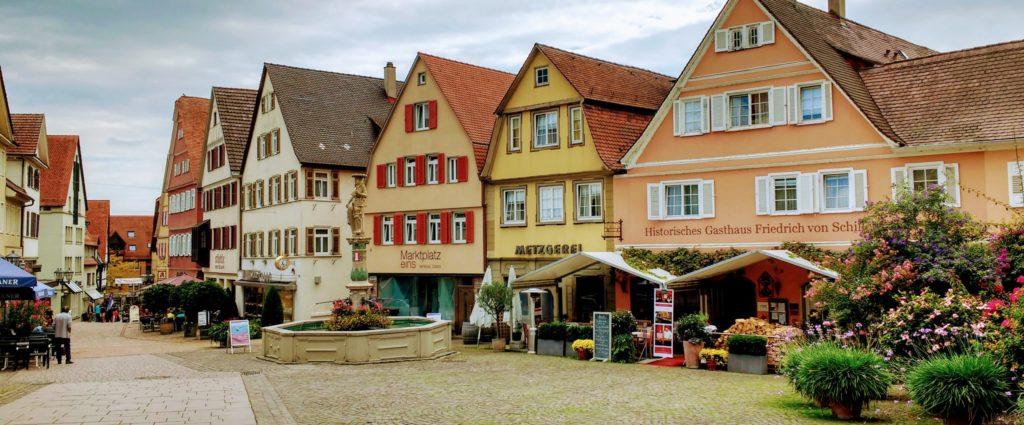Key Facts
- Geographically, Germany is the 7th largest country in Europe
- Germany’s population is projected to reach 84 million in 2022 [source: Trading Economics] making it the most populated country in the EU
- Germany has 1,484 miles of coastline
- The country shares borders with nine European countries including France and Austria
- Three German cities are placed in the Top 10 of Mercer’s Quality of Living Ranking (Munich, Dusseldorf & Frankfurt am Main) [source: Mercer]
- The majority of the German population identify as Christian, roughly half of Christians in Germany are Catholic
- According to the German Institute of Bread, Germany officially has 3200+ recognized types of bread


